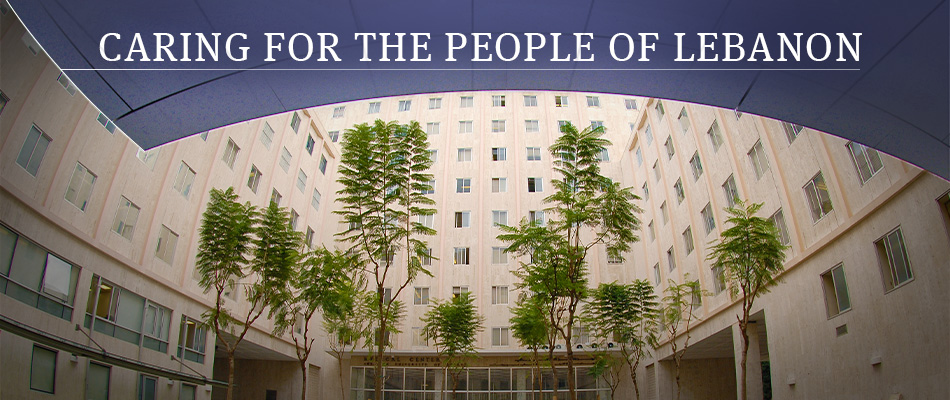
Urgent need for fuel oil prompts outpouring of support from alumni and friends
August 27, 2021
The news was a shock to many people, even people in Lebanon who are acutely aware of the devastating impact of the fuel shortages in the country. The AUB Medical Center did not mince words: “The American University of Beirut Medical Center (AUBMC) is facing imminent disaster due to the threat of a forced shutdown starting the morning of this coming Monday August 16, as a result of fuel shortages.” The August 14, 2021 press release then detailed exactly what “imminent disaster” would look like at AUBMC. “This means that ventilators and other lifesaving medical devices will cease to operate. Forty adult patients and fifteen children living on respirators will die immediately. One hundred and eighty people suffering from renal failure will die poisoned after a few days without dialysis. Hundreds of cancer patients, adults and children, will die in subsequent weeks and very few months without proper treatment.”
As was noted in the press release, the situation was due to “a fully preventable lack of electricity and fuel” caused by the inability of “all those in positions of responsibility…to put aside all their disputes and work together to prevent this imminent disaster.”
The response was immediate. Within hours, fuel suppliers, companies, and citizens responded. AUBMC and other hospitals in Lebanon began to receive a resupply of fuel. AUB alumni and friends also responded. “How can I help? Where do I donate?” For them and so many others in Lebanon and around the world, the AUB Medical Center, which was described by President Khuri recently as “an iconic Beiruti institution that is also a global treasure, serving those least fortunate at their moment of greatest distress, medical pilgrims from across the MENA region and beyond,” is a critical lifeline for Lebanon. The thought that it might be forced “to shut down in less than 48 hrs.” was just unimaginable. In response, AUB established the AUBMC Emergency Fuel Fund. All donations to this fund are being used to pay for fuel needed at the medical center – when it is available.
Being able to secure a steady supply of fuel oil has become an especially urgent priority in recent weeks because the state-owned Electricité du Liban (EdL) is an even less reliable supplier of electricity than in the past.
“This was a terrible situation. The medical center had no choice but to appeal for support. Lives were at risk,” said VP for Advancement and Business Development Imad Baalbaki. “We are deeply grateful to our extraordinary community for stepping forward – once again – to support our university and its abiding commitment to the people of Lebanon and the region.”
